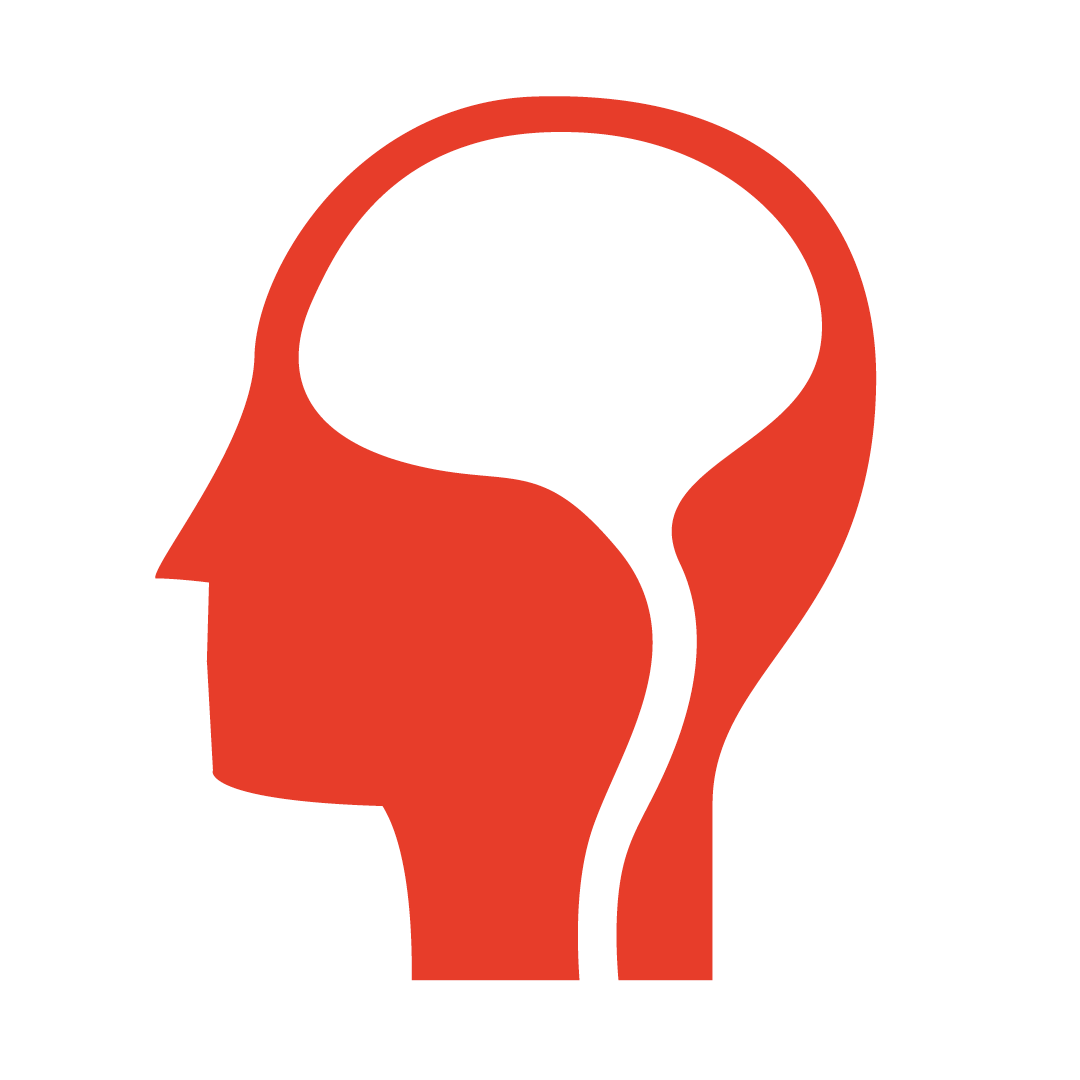
How the human brain learns to predict the world

Speaker
- Antonino Greco, University of Tübingen, (Germany)
Scientific Coordinator: Andrea Caria
Abstract
Predictive coding theories suggest that the brain is fundamentally a prediction machine, constantly generating and refining internal models of the world to anticipate sensory input and minimize surprise. In this talk, I will present recent evidence on the neural mechanisms supporting this process, focusing on how the human brain generates predictions about future states of the environment and how it encodes the resulting prediction errors. The emerging picture from these findings is that, regardless of whether these predictions are relevant for goal-directed behavior, the human brain appears intrinsically driven to reduce uncertainty about the world's state transition dynamics. This suggests that prediction may be not just a strategy for efficiency, but a fundamental feature of brain function itself.
Short Bio
Antonino Greco is a Computational Cognitive Scientist working at the intersection of machine learning and neuroscience. He is currently a Postdoctoral Researcher at the University of Tübingen, affiliated with the Hertie Institute for Clinical Brain Research, the Center for Integrative Neuroscience, and the MEG Center. He obtained his Ph.D. in Cognitive Science from the University of Trento, where he explored the computational principles underlying perception and
learning.
His research focuses on predictive coding theories in both human and non-human primates, with an emphasis on how the brain represents sensory information across vision and audition. He also investigates the shared representational geometry between biological and artificial systems by combining computational modeling, particularly deep learning and reinforcement learning, with a range of neuroimaging techniques, including intracranial recordings, EEG, MEG, and fMRI.